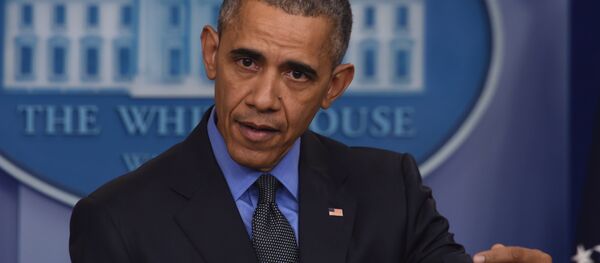The first cited a shadowy group as “experts” on Russian propaganda — effectively labeling approximately 200 websites, including Drudge and Truthout, as Kremlin shills. The Washington Post, who self-admittedly is aspiring to be the “new paper of record,” did not update the story to acknowledge the false report for two weeks.
The second, published New Year’s Eve, was an alarming story falsely claiming that anonymous sources reported that Russian hackers had penetrated the US power grid through a Vermont utility. The paper irresponsibly did not bother to reach out to Burlington Electric for a comment before publishing the fear-inciting article. The power company quickly debunked the threat in a candid public statement.
The story remains active on their website to this day, with its false headline, although an editor's note has been added asserting that “an earlier version of this story incorrectly said that Russian hackers had penetrated the US electric grid.” The claim ended up being entirely false, as the computer that was hacked was not even attached to the power grid.
“But while these debacles are embarrassing for the paper, they are also richly rewarding. That’s because journalists — including those at the Post — aggressively hype and promote the original, sensationalistic false stories, ensuring that they go viral, generating massive traffic for the Post (the paper’s executive editor, Marty Baron, recently boasted about how profitable the paper has become),” Greenwald wrote.
Greenwald also noted that since the retractions are so muted, compared to the massive effort to make the original stories go viral, most readers do not even learn that what they had read was a work of fiction. He noted that Baron himself received over 3,000 retweets on the Russian propaganda story, and never deleted the tweet or made his followers aware of the errors.
“But what was the Post’s motive in publishing two false stories about Russia that, very predictably, generated massive attention, traffic, and political impact? Was it ideological and political — namely, devotion to the DC agenda of elevating Russia into a grave threat to US security? Was it to please its audience — knowing that its readers, in the wake of Trump’s victory, want to be fed stories about Russian treachery?” Greenwald asked. “Was it access and source servitude — proving it will serve as a loyal and uncritical repository for any propaganda intelligence officials want disseminated? Was it profit — to generate revenue through sensationalistic click-bait headlines with a reckless disregard to whether its stories are true? In an institution as large as the Post, with numerous reporters and editors participating in these stories, it’s impossible to identify any one motive as definitive.”
“In these cases, they did not make good faith mistakes after engaging in careful journalism,” Greenwald said. “With both stories, they were reckless (at best) from the start, and the glaring deficiencies in the reporting were immediately self-evident (which is why both stories were widely attacked upon publication).”
Greenwald noted that the same journalists who constantly cry “fake news” do very little in the way of correcting the record once a story they hyped, whether their own or a colleague’s, is proven to be fake.
“The most ironic aspect of all this is that it is mainstream journalists — the very people who have become obsessed with the crusade against Fake News — who play the key role in enabling and fueling this dissemination of false stories. They do so not only by uncritically spreading them, but also by taking little or no steps to notify the public of their falsity,” Greenwald stated.





